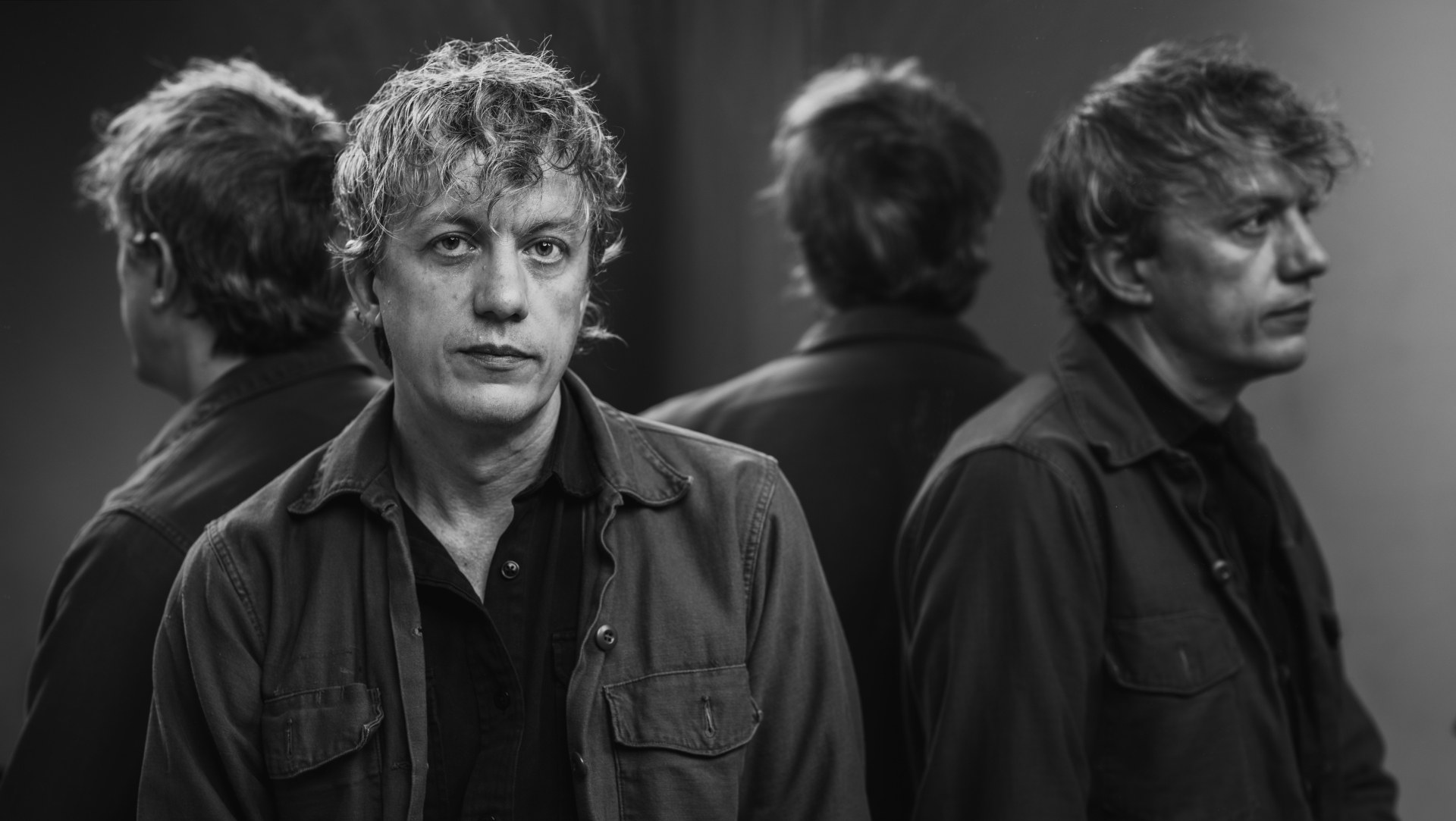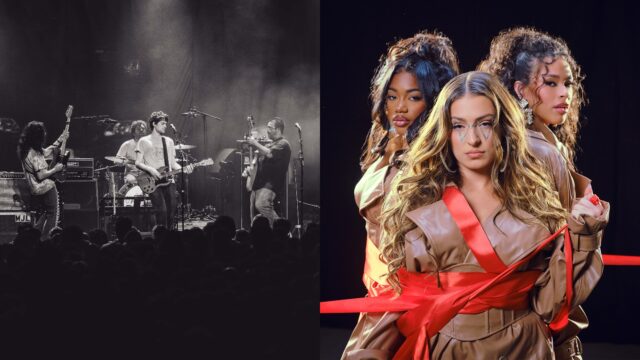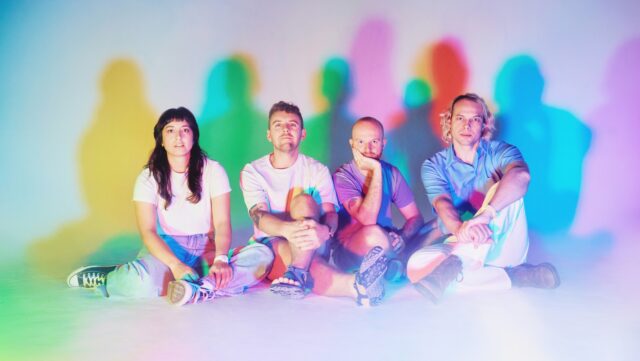Inspiration: Steve Gunn
The Brooklyn-based guitarist and vocalist finds it in writers and solitude.
by TIDAL
TIDAL’s Inspiration series asks artists to explain where the spark comes from — and what to do when it can’t be found.
By Steve Gunn. As told to Brad Farberman. Gunn’s latest album is Music For Writers.
I do a lot of free writing and I do a lot of traveling. And I think I find inspiration from a lot of occurrences that are by chance or, you know, elements of improvising. Not just in music, but kind of in life. And I’m interested in landscape, and I’m interested in reflecting that. I think my approach to songwriting is a little … some people have a formula, but I don’t have a formula.
I’m a pretty private, personal person, and I feel like the duty of songwriting, to me, and how I see it, is more of, like, giving something else. It might be personal, but it’s more of a reflection for something else. For other people. To put it a little more in simple terms, I like using wordplay and imagery mixed together. And I also like the randomness of the thought process mixed with the music, because I have done a lot of improvised music. But then I do these songs, and it’s a similar process but it’s a different result. I keep my mind and my eyes open to a lot of things, and I kind of try to keep a steady stream of consciousness like that.
For this instrumental record, I was thinking a lot about writers, and I was thinking about some of the people that I really respect, who work really hard and who put a lot of effort into creating a story. And I feel like that is a very generous practice. And it’s very benevolent. And I feel like there has to be a benevolent aspect to art. And it can’t be exclusive. I feel like there’s a lot of exclusivity with music. And there’s a lot of exclusivity with most artistic practices. And I feel like when we were just talking about genre, and how the good quality of a club is that … curation is great, but it kind of transcends a certain structure. And for me, I’d like to think that I’m attempting to do that. And some people are like, “Whoa. You’re a singer. But why are you playing like Derek Bailey?” That sort of thing. I mean, I don’t get those criticisms too often anymore, but I’m just sort of interested in expression, and it comes out in different forms.
This last record, I was thinking a lot about people who work hard on their craft, and I feel like writing — the people who dedicate their lives to it — they sit in rooms, they spend a lot of time by themselves. It’s a very lonely practice. And it’s very giving. And they’re reaching someone. They’re giving something to someone else. And I feel like I’ve been spending more and more time by myself, which I really have grown to enjoy — it used to frighten me. But I’ve kind of been able to find peace in that loneliness, and I feel like those are the times where you can really dig into expression. And I feel like writers — certain writers who I know, I’ll keep it general — but I found a lot of inspiration in that, and I felt like I wanted to make a record that was sort of dedicated to that thought process of conjuring thoughts and not just contextualizing the music with words. I use words, but I don’t try to have a hard form. But I wanted it to be wordless, and I wanted it to somehow be inspiring to people who write. That was part of my intention for this last instrumental record that I made.
I used to really try to force it, you know? I used to just get frustrated by that, but now that I have more experience with it, I know that it’s part of the process. It’s weird — when I was younger, I would know people who were kind of doing similar things but were way more prolific, and they were like, it’s coming naturally to them. And I was like, “Wow, my process is so different.” I kind of gather things and then I really sit. Of course, there is a lot of spontaneity, but some things take time. For me, I have to respect the practice, and also understand when you think about yourself as a living being, and as an artist, those times when nothing’s coming, it’s OK. There’s a lot of undoing to process. And I think it took me a lot of years reading about different philosophies and practices where it’s so important to have that time for yourself, because you generate. But you have to be kind to yourself as well, so I think a certain amount of undoing — especially these days, I mean, there’s so many things I could list that are important to kind of observe within yourself. And part of that is you don’t have to be creating something amazing at all times. And I think if you kind of follow that, and if you feel more comfortable with that, I think it opens things up for people. It opened things up for me, where you kind of just relax a bit more in yourself.



